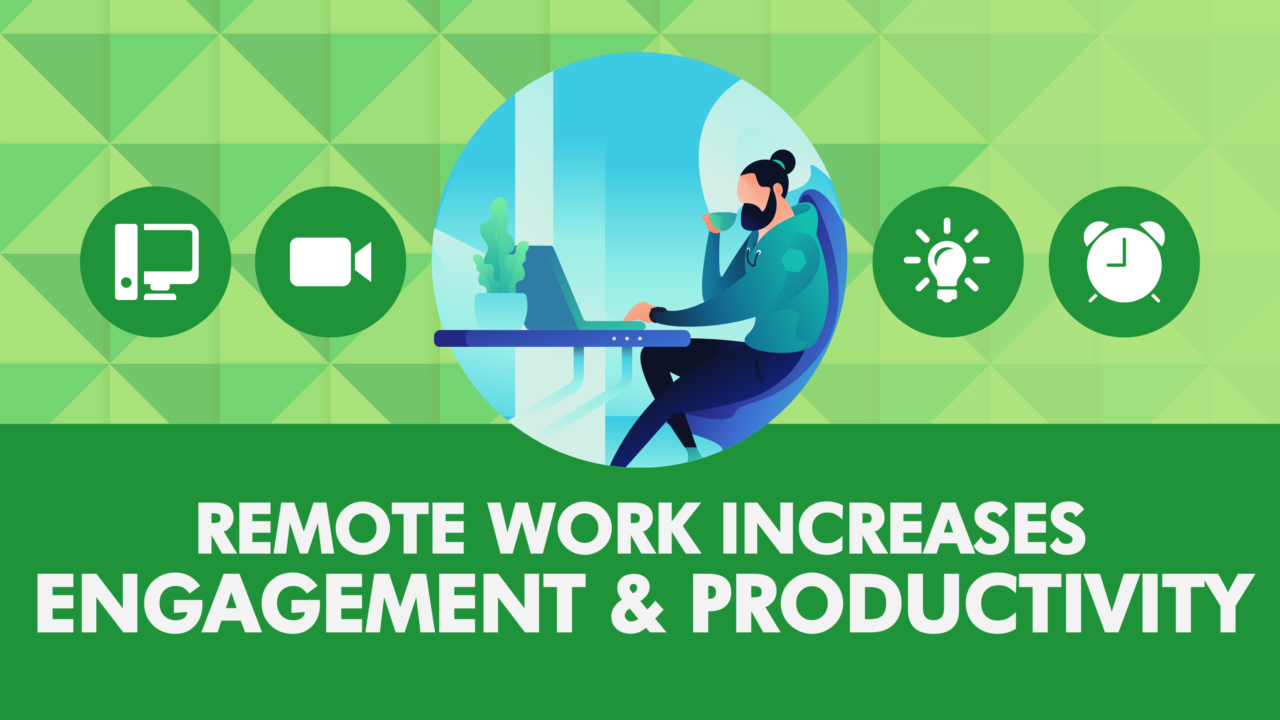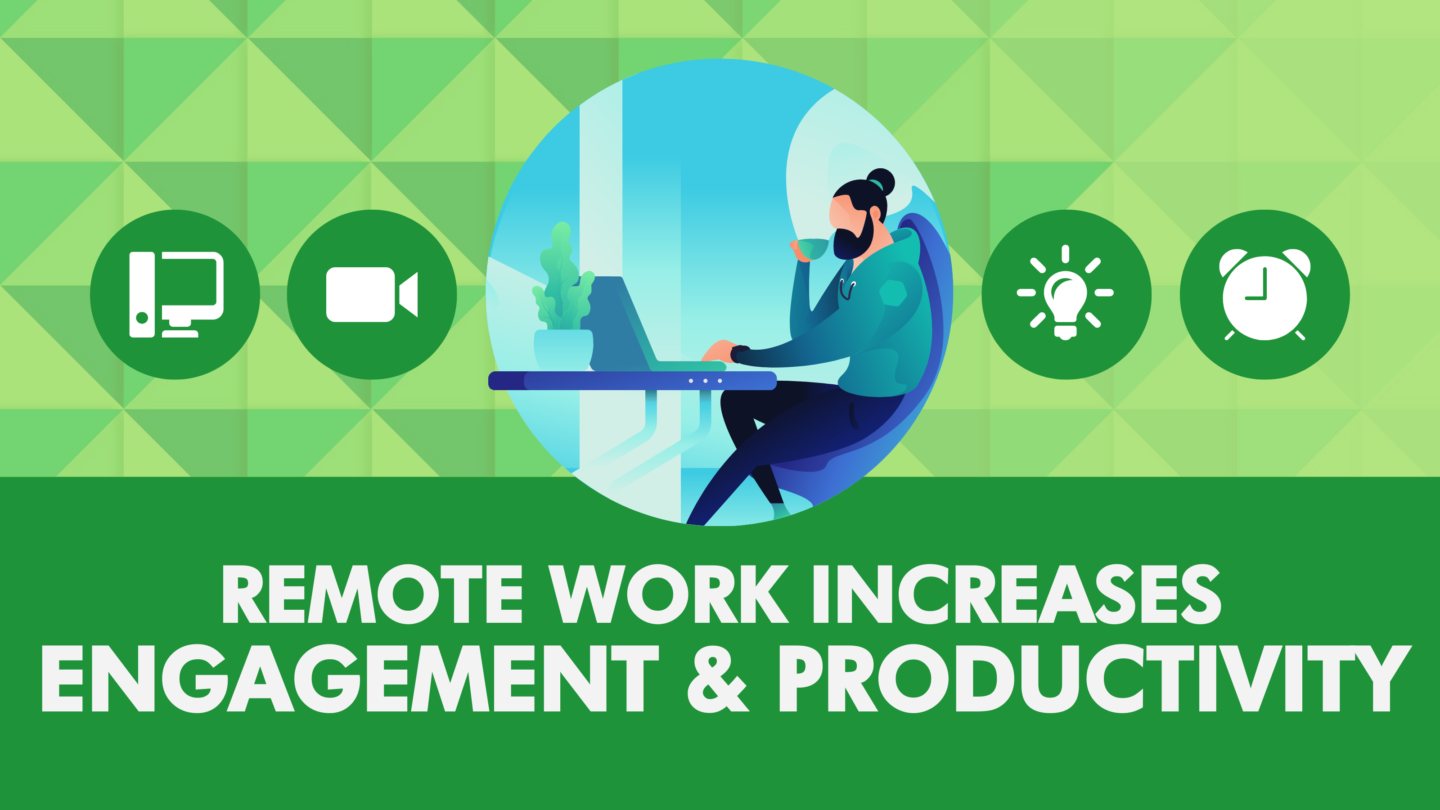
Remote Work Increases Engagement and Performance
By: Tony Kerekes
The Rise in Remote Work
It is becoming increasingly common for employees to work remotely, creating an emphasis on the need for goals to align with corporate objectives. Gallup has released a new article that notes interesting points about employee engagement and performance:
- Gallup research has shown that job flexibility increases engagement and employees that are engaged have higher performance. Highly engaged workplaces have 41% lower absenteeism, 40% fewer quality defects, and 21% higher profitability.
- Gallup discovered the optimal engagement boost occurs when employees spend 60% to 80% of their time working off-site.
- We are becoming used to some flexible arrangements, so in 2012, the optimal engagement boost was experienced by workers who spent less than 20% of their time working remotely.
- Much of the research indicates that remote workers are more productive than on-site workers as well. In the article Gallup notes illustratively, with employees working remotely three days a week, a company can improve their average engagement rate and productivity by 5%, saving about $3,000 per employee. But the most engaged employees, who create an average 15% productivity bump would save the company up to $8,000 per employee.
- A Gallup survey showed that 21% of millennials said they’ve changed jobs within the past year. To attract and retain millennials, organizations should consider the environmental impact as part of their employee value proposition. Gallup cites the reduced carbon footprint of notable organizations by reducing commuting.
- Gallup notes that data shows that 51% of workers are actively looking for a new job or are open to one. Coincidentally, 51% say they would switch to a job that allows them flex-time.
Results Only Work Environments
A key challenge managers encounter with remote workers is making sure they are working on the right things and keeping them connected. To borrow a term initially coined by Best Buy, the workplace becomes a Results Only Work Environment. The manager and employee set clear goals and recalibrate these as priorities change, have regular 1:1 and check-in meetings. Agile work environments have introduced concepts to keep the team apprised and focused. Technology can allow rapid-fire stand-up meetings and other collaborations to be effective both live or virtually.
Click here to read the Gallup article from January 2020.



